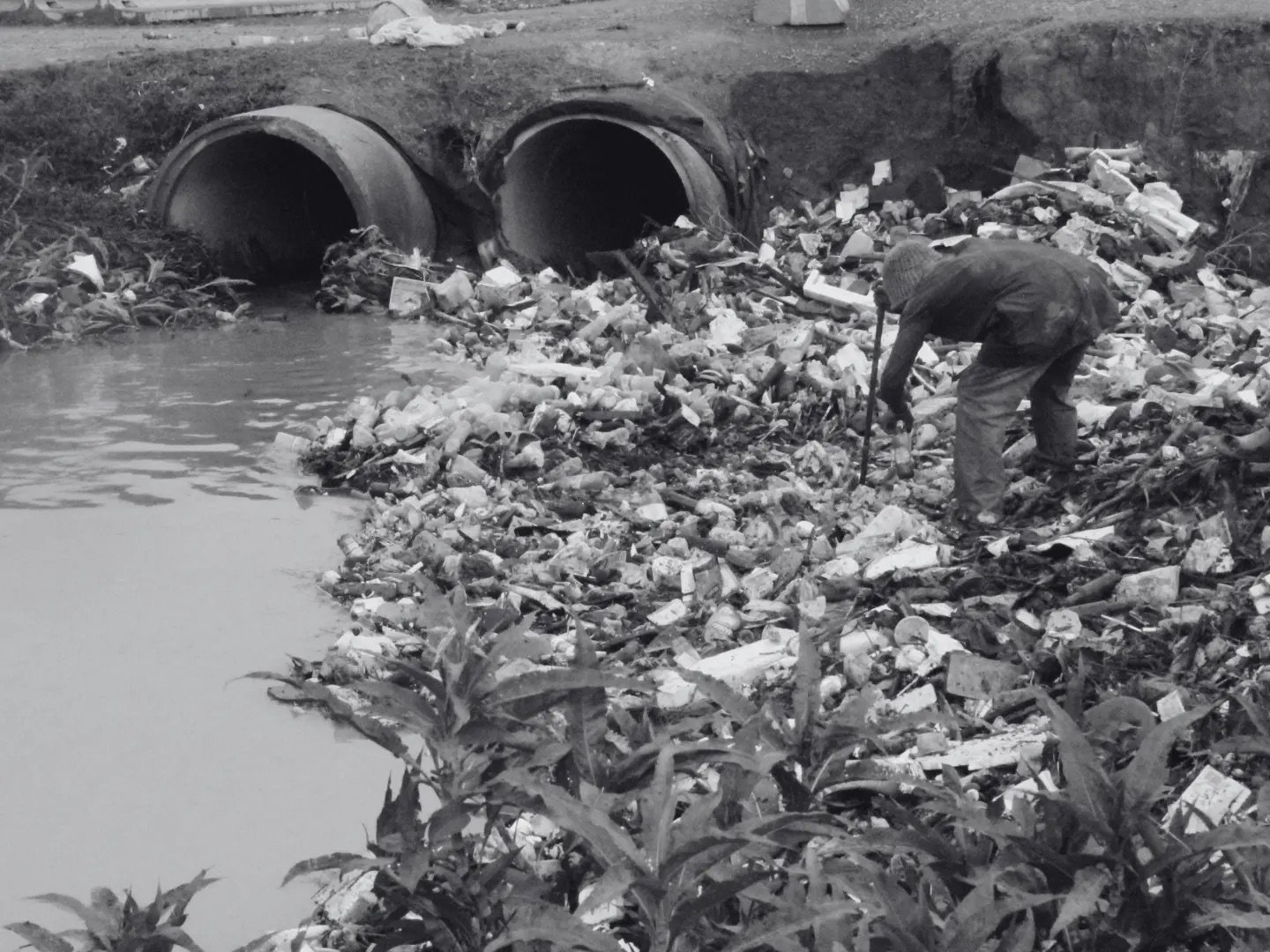The State of Startup Financing in East Africa: The Unique Challenges and Opportunities Faced in Africa’s Startup Capital
As startups grow in the region, their increasing prevalence suggests an upward trend for the foreseeable future. Therefore, their financing is increasingly becoming an important point of interest for both investors and entrepreneurs.
Addressing Load Shedding in East Africa: The Potential Role of Machine Learning in Solving the Region’s Electricity Crisis
Load shedding, the deliberate shutdown of electricity in parts of a power distribution network to prevent the collapse of the entire system, has become a daily challenge for many East Africans.
The Delicate Dance of Tech Titans and Sovereign States: The Geopolitical Stakes Surrounding Data Ownership in Africa
In 2017, Kenya would go on to conduct what would become one of its most hotly contested elections to date, against the backdrop of the Cambridge Analytica scandal of 2016. Facebook, present-day Meta, would play a complicit hand in undermining this young democracy’s sovereignty via the exploitation of the country's data.
Unveiling Mozambique’s Enormous Tuna Bonds Scandal: A Shocking $11 Billion Dollar Fishing Tale's Lessons for Financial Governance in Africa
In 2013, Mozambique created three public companies – Ematum, Proindicus, and Mozambique Asset Management (MAM) – which would later become known as the ‘tuna bonds.’ Substantial funds were diverted through corrupt practices involving government officials and businessmen: a whopping ~$11 billion.
Assessing Urban Energy Strategies in East African Cities: Optimising for Innovative Waste Management and Energy Efficiency in the Region
With this increasing influx of people into urban areas comes an added strain on existing energy and waste management systems. This is exacerbated by the fact that a large proportion of East Africa’s urban population lives in informal settlements, which tend not to benefit from government waste management and energy supply systems.
Weighing Up Uganda’s Options for Smarter Resource Management: Charting a Brighter Waste Future Using Regression Analysis
Like many developing countries, waste management challenges are worsened by rapid urbanisation and population growth. This rapid increase has directly contributed to the growing volume of waste.
Kenya’s Crucial Crossroad for its Unbounding Debt Burden: An Interrogation of Kenya’s Concerning Debt Situation
When asked to estimate how much of Kenya’s debt can be attributed to corruption, Kenya’s former auditor general, Edward Ouko, said: ‘You are asking me a ballpark calculation? I think it is about 50%.’
Leveraging AI in Agriculture: A Focus on Ugandan Coffee
In Uganda coffee is a major part of the economy, with over 1.8 million households growing it, contributing to almost a third of the country's export earnings. Given these factors, it is essential for both the private and public sectors to explore technological solutions that leverage data and artificial intelligence to increase crop yield.
Adapting Agriculture to Climate Change: Energy Solutions for Sustainable Farming in East Africa
The increasing frequency of extreme weather events, unpredictable rainfall patterns, and rising temperatures are challenges that pose risks to food security and economic stability in the region. The region's vulnerability is best exemplified by Tanzania, where 80% of food production comes from small-scale farmers cultivating non-irrigated land.















